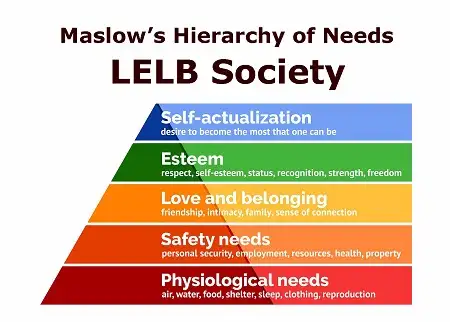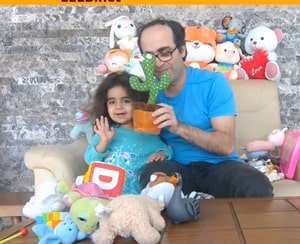IELTS Listening Practice Self-actualization
IELTS Listening Practice Self-actualization IELTS Listening Practice Self-actualization About this activity This activity is labeled round table by Dr. Hariri, the creator and administrator of LELB Society. This activity is on the premise of Flipped Learning, according to which the students watch a video before the class, carry out research into the selected theme, and prepare themselves for an informed discussion in the class. This activity is on the basis …









